We are used to words being banned – but now it seems the word police are coming for the word ‘race’ itself. Students and staff are being discouraged from using the word ‘race’ in the Cultural Diversity and Inclusive Practice Toolkit issued by the University of New South Wales.
Discussing the word ‘race’ the Toolkit says: ‘Despite the presence of the term “race” in everyday language, and its use in various policies and statements referred to throughout this toolkit, the Macquarie Dictionary, under “usage” of the term, states: “Because the 19th century classification of humans into distinct races has been challenged scientifically, and has been misused, many now prefer to avoid this term when referring to a group of humans, and to replace it with another term such as ‘peoples’ or ‘community.’”
Now, is it my misreading, or is this university Toolkit suggesting that we stop using the word ‘race’ and instead say ‘people’ or ‘community’? Does this mean that Critical Race Theory will have to become Critical People. Theory or Critical Community Theory? Are they suggesting we stop using ‘racist’ and instead label offenders as being ‘people-ist’ or ‘community-ist’? The more they play with the language the more ridiculous they become.
Even the Macquarie’s ‘usage’ note is wrong. It calls ‘race’ a ‘19th century classification’ – but the word ‘race’ is recorded from at least 1547… so we should blame the Tudors not the Victorians. Until these people sort themselves out I am going to go on believing there is only one race—the human race!
The latest outburst of the Left’s relentless attacks on Israel (the only liberal democracy in the Middle East) came in the form of Labor Senator Sue Line repeating the nonsense from Amnesty International that Israel practices ‘apartheid’ – despite the fact that an Arab political party is part of the governing coalition in Israel.
So, should we call this stuff ‘antisemitism’? The question forces itself upon us because Sue Lines is just the latest in a long push of lefties wanting to attack Israel (not to mention Whoopi Goldberg saying the Holocaust was not racist). Should these things be classed as ‘antisemitic’? A blog by lawyer David E. Weisberg, published by the Times of Israel warns against using the ‘antisemitic/antisemitism’ group of words.
Weisberg gives several reasons. First, few people admit to openly embracing antisemitism and to explicit hatred of Jews. Secondly, he says those words name something that almost all people regard as totally abhorrent, and applying it to the stumbling incompetence of an ill-informed actor or politician cheapens the word. And thirdly, the more often such words are used the less impact they’ll have. Perhaps we should reserve ‘antisemitic’ for neo-Nazis who paint swastikas on the walls of synagogues—and just call the rest ignorant and stupid?
It was British Defence Secretary Ben Wallace who said that Vladimir Putin had gone ‘full tonto’.
This prompted a barrage of questions – along the lines of: what does the Lone Ranger’s faithful friend Tonto have to do with a military madman in the Kremlin? The answer, as you might have guessed, is nothing at all. In Wallace’s outburst ‘tonto’ is a Spanish word meaning ‘crazy, dumb, nuts’ (and various other technical neurological terms). The expression was born in the United States – unsurprisingly, since the US has closer connections to the Spanish language than the UK. It’s first recorded from 1973 and has sometimes been used in a self-deprecating way, as in ‘sorry, I had a totally tonto moment there’. However, Ben Wallace has succeeded in identifying the person who deserves the gold Grand Tonto of the Year Award. Please step forward Mr Putin and accept your gong!
Got something to add? Join the discussion and comment below.
Get 10 issues for just $10
Subscribe to The Spectator Australia today for the next 10 magazine issues, plus full online access, for just $10.
Contact Kel at ozwords.com.au
You might disagree with half of it, but you’ll enjoy reading all of it. Try your first month for free, then just $2 a week for the remainder of your first year.

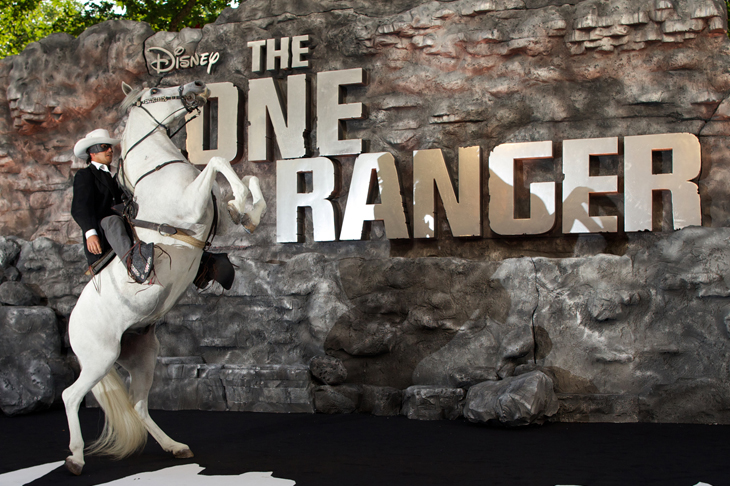
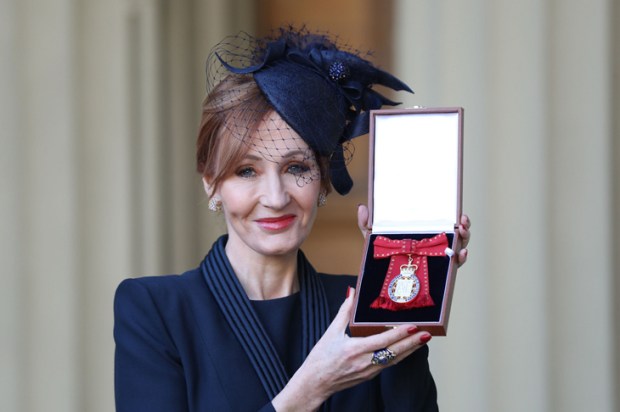
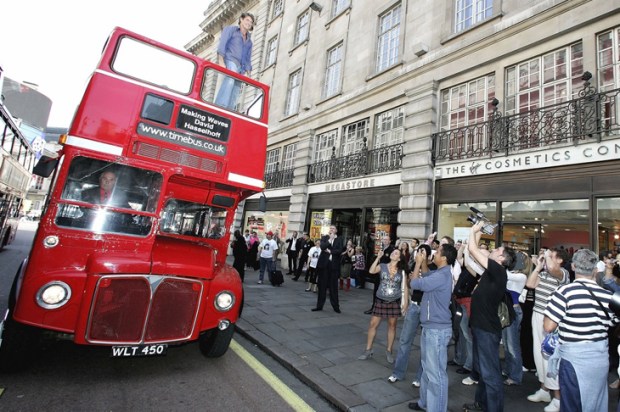
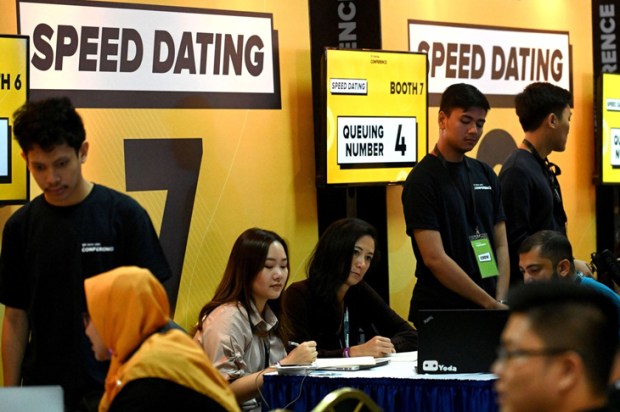

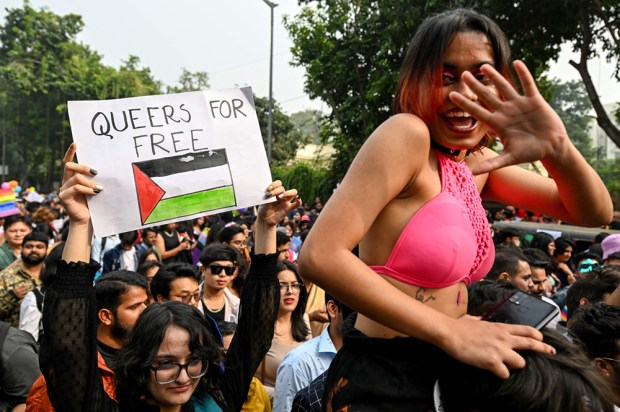







Comments
Don't miss out
Join the conversation with other Spectator Australia readers. Subscribe to leave a comment.
SUBSCRIBEAlready a subscriber? Log in